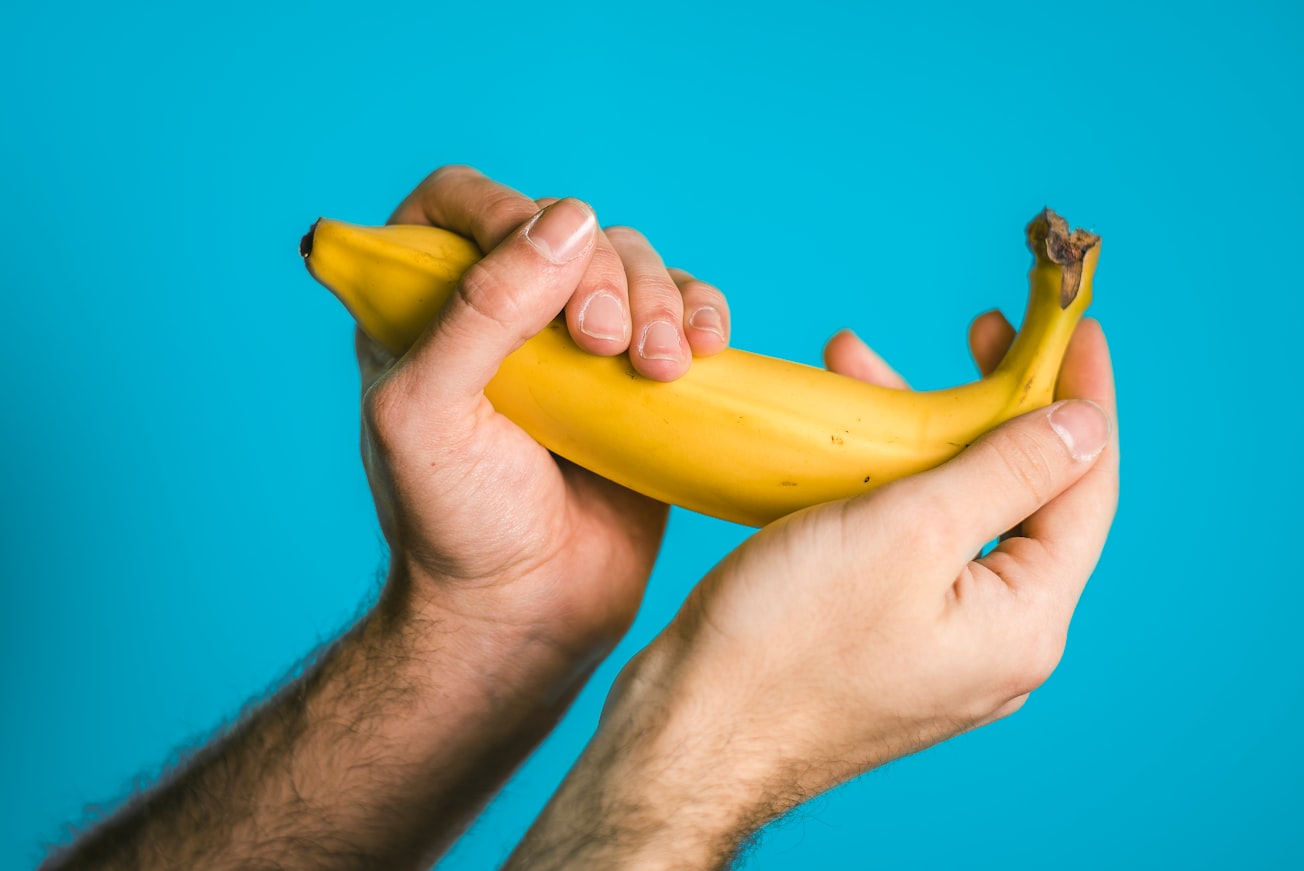What is it about?
This study aims to upscale the production of superior quality banana plants through embryogenic cell cultures using modern bioreactors. The utilization of bioreactor showed a prominent increase in cell suspension cultures within 14 days compared to the conventional shake flask culturing technique. The flexibility in manipulating a wide range of parameters to optimize plant growth conditions is more convenient with the adaptation of bioreactor culturing techniques. This new method introduced promises an efficient and less labor-intensive mass production of banana plants, suitable for commercial laboratories.
Featured Image

Photo by Scott Sanker on Unsplash
Why is it important?
Conventional banana propagation technique using field-collected suckers or corms are not just slow in production but are also susceptible to transmission of numerous diseases from the original plant. The yield also lacks consistency in growth traits and quality depending on the individual suckers propagated. Embryogenic cell culture as an alternative ensures a low percentage of genetic variation, allowing the superior quality of plant and fruit to be retained from the mother plant. This research focuses on mass-producing prime banana plants through the adaptation of bioreactor, overcoming the limitations of conventional plant tissue culture methods.
Perspectives
Banana is the world’s most popular fruit, and in Malaysia, banana accounts for 24% of the total fruit production. In line with the UN’s second Sustainable Development Goal, to end hunger, achieve food security and improved nutrition, and promote sustainable agriculture, agricultural productivity could be raised through the innovation of new plantation techniques. Superior and disease-free planting materials are obtained through tissue culture technique, but the current practice is inefficient and fails to meet the market demand. Hence, the embryogenic culture is a promising alternative to increase and improve the production of not just bananas, but also has the potential for other plant species.
Norzulaani Khalid
University of Malaya
Read the Original
This page is a summary of: Evaluation of a laboratory scale conventional shake flask and a bioreactor on cell growth and regeneration of banana cell suspension cultures, Scientia Horticulturae, June 2014, Elsevier,
DOI: 10.1016/j.scienta.2014.03.042.
You can read the full text:
Contributors
The following have contributed to this page







